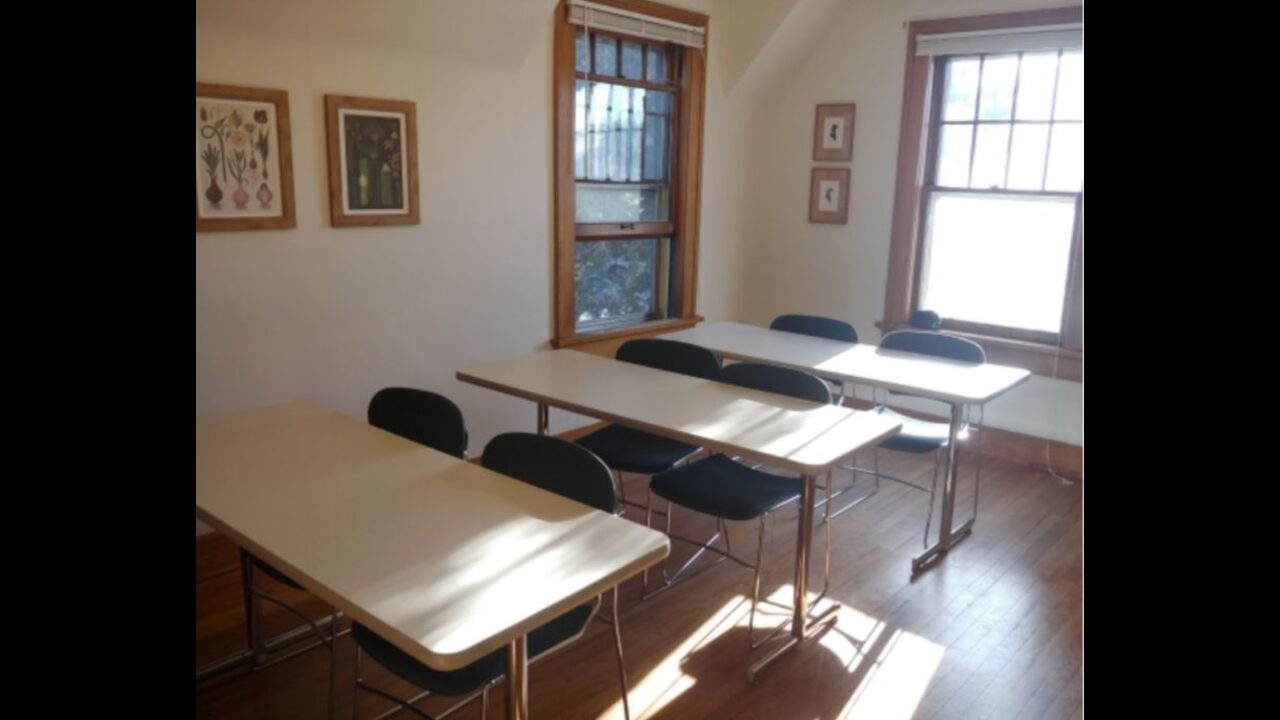Sexual Assault Panel Brings Issue Awareness to Concordia Students
by Chris Wilson
Director of Health Services Andreea Baker led an open panel on Monday, April 18 in the Thom Leadership Education Center auditorium to educate Concordia students on the issue of sexual assault as a part of Sexual Assault Awareness Month.
The panel included sexual assault advocate Cari Emerson, emergency room nurse Dr. Sue Gabriel, Title IX Coordinator Kirby Klappenback, mental health counselor Cara Kroeker and campus pastor Rev. Ryan Matthias. Baker led the panelists in discussions ranging from proper consent of partners to the importance of reporting assault in a timely manner.
“I came to the panel to learn more about the available resources at Concordia and in the community,” senior Melonie Kotschwar said. “There are many people that experience sexual assault, and I like to be prepared to know how to handle it and who to point them to.”
Emerson and Klappenback spoke about consent and how it is defined.
“A lot of students don’t fully understand what consent is,” Emerson said. “Something has to happen for something else to happen.” Concordia’s Title IX page states that “consent is knowing, voluntary, and clear permission by word or action, to engage in mutually agreed upon sexual activity.”
According to Klappenback, the university’s definition of consent is a lot different than college students’ idea of it.
Gabriel spoke on the process of taking care of victims immediately after the incident. When a victim comes into the emergency room for sexual assault, the process for gathering evidence and insuring the victim’s physical health can be a four to five hour process.
Gabriel says that she sees a full spectrum of emotions from the victim, from laughing and joking to depression and fury.
“Sometimes the judge asks why the victim was laughing about the assault,” Gabriel said. “So, not only do I need to educate the victim on sexual assault but often times the jury as well and (educate them on) how victims react.”
Gabriel stresses that 95 percent of assailants of sexual assault are people the victim is familiar with, rather than strangers.
The panel also talked about why it is important to report such acts. Sexual assault is an underreported crime, and most of the individuals Kroeker sees do not report their assailant. However, reporting the crime can take back the power of the situation and return it to the victim.
It is ideal for victims to report the crime within 72 hours so that evidence can be collected before the victim changes clothes, showers or does anything to remove evidence of the incident. In Nebraska, there is no statute of limitation on sexual assault, meaning that there is no time frame after the incident that the victim will no longer be able to report.
The panelists talked about many different ways that victims can be helped. Emerson works for the Hope Crisis Center, a non-profit organization which provides free and confidential assistance to victims of assault. Students can receive help under Title IX, even if the assault occurs off campus.
To conclude the discussion, the panelists gave their suggestions on what to do when a friend or a loved one has experienced sexual assault. They advised against asking questions that may lead to victim blaming such as “were you drunk?” or “why did you go alone?” but instead encouraged students to be there for the victim and to listen to what they have to say.












